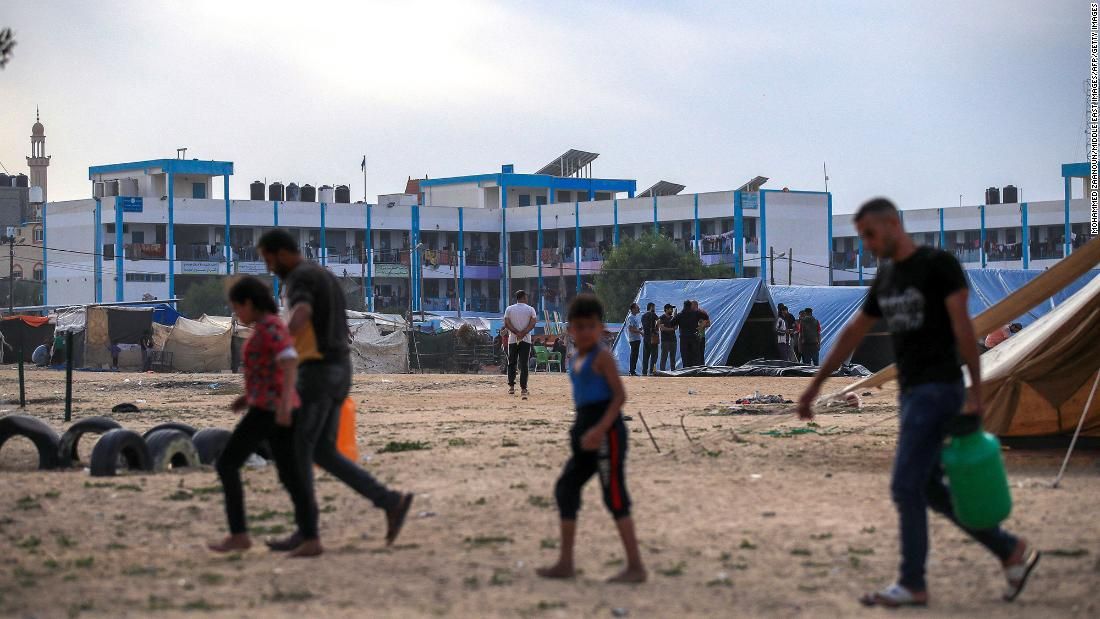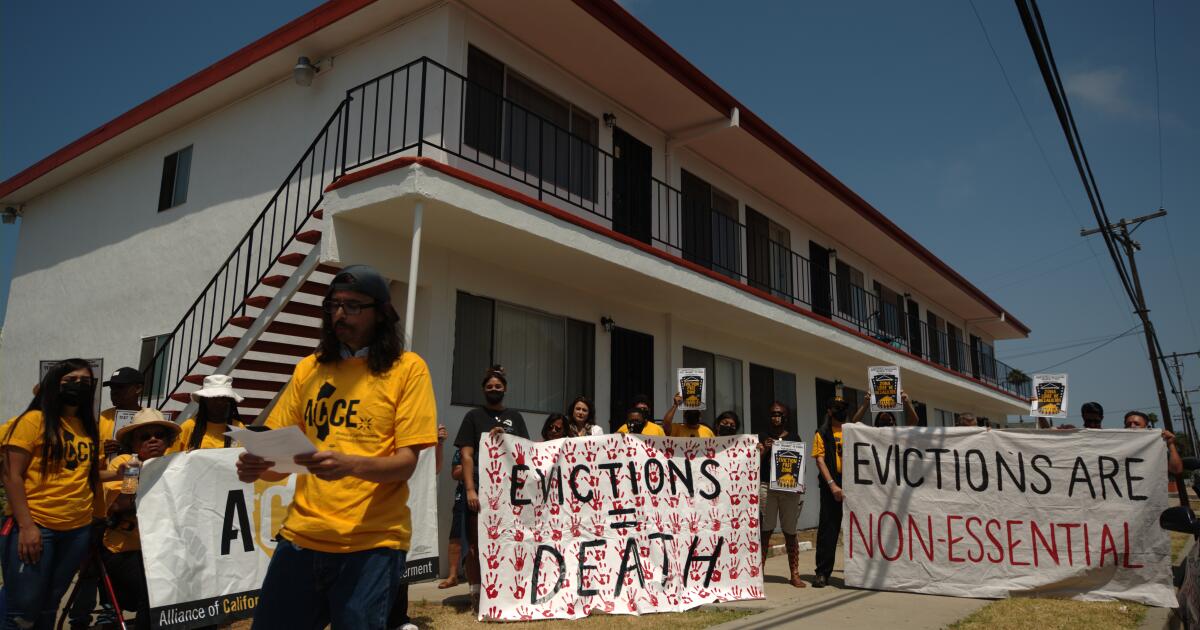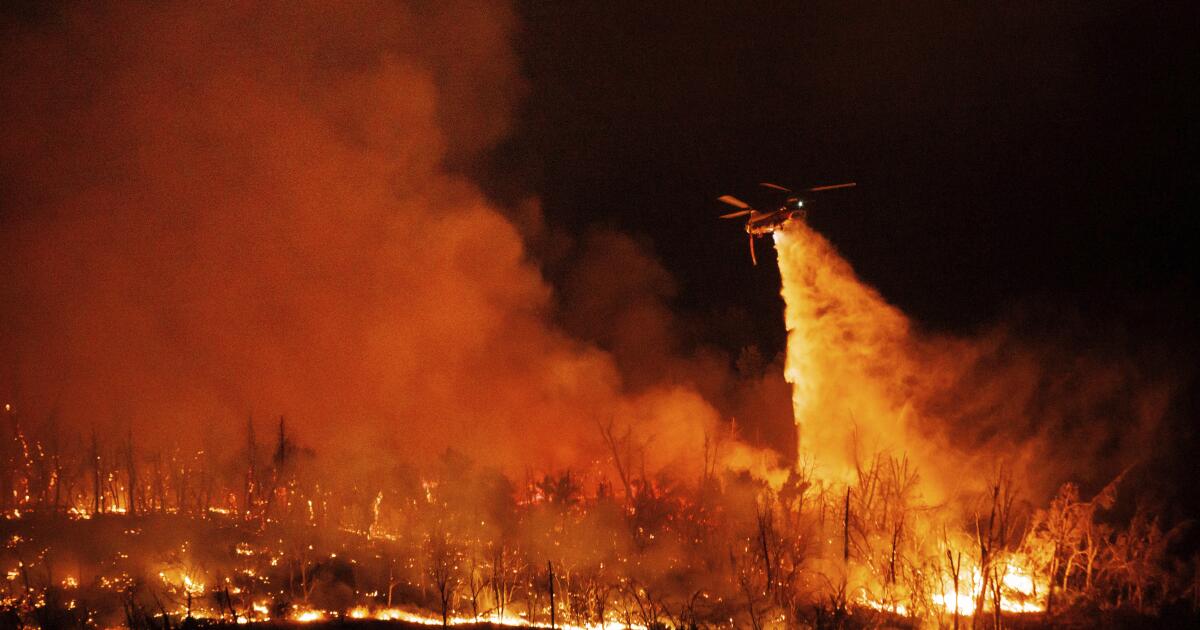The United States and the United Kingdom have carried out strikes against Houthi targets in Yemen from air and surface platforms (including F/A-18s) against more than 30 targets in 13 locations, according to officials.
The United States and the United Kingdom carried out the attacks with the support of several other countries, according to a joint statement on Saturday.
“Today's attack specifically targeted sites associated with the Houthis' deeply buried weapons storage facilities, missile systems and launchers, air defense systems, and radars,” read the statement issued by the United States, United Kingdom, Australia, Bahrain, Canada, Denmark, Netherlands and New Zealand.
The Houthis said U.S. and British warplanes struck multiple provinces in Yemen, including the capital Sanaa.
Two US destroyers fired Tomahawk missiles as part of the attacks, a US official told CNN. The USS Gravely and USS Carney fired land attack cruise missiles and F/A-18 fighter jets from the aircraft carrier USS Dwight D. Eisenhower were also involved, officials said.
For context: The attacks on consecutive days come as President Joe Biden's administration has promised a “multi-level” response to a drone attack that killed three U.S. service members and injured more than 40 last weekend.
To avoid a regional war with Tehran, the United States has not targeted Iran directly, but has instead attacked some of its most powerful proxies in the region. It's a roundabout way of trying to send a message to Iran's leaders, who have become increasingly nervous about the actions of some of the militant organizations it supports, CNN reported. Iran funds, arms and supplies these groups to varying degrees, but its leadership does not directly control them.
The attacks in Yemen are distinct from the attacks in Iraq and Syria: the former is a response to ongoing Houthi attacks on international shipping routes and US warships in the Red Sea, while the latter is retaliation for a deadly attack against American troops. But both target Iranian-backed groups in the Middle East.
CNN's Eyad Kourdi contributed to this post.












